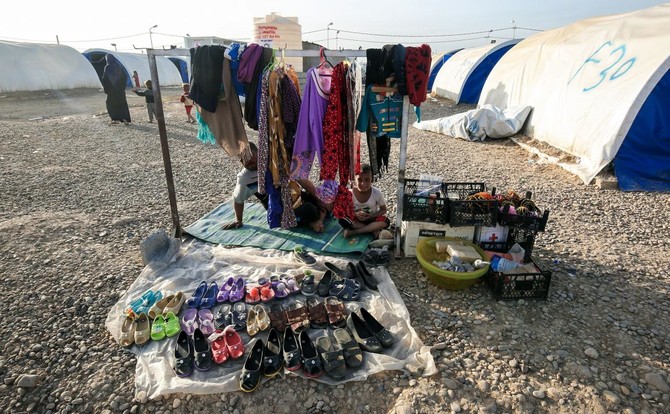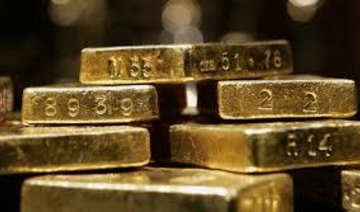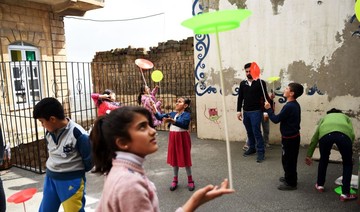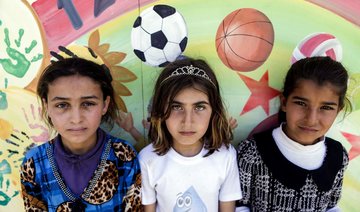HAMMAM Al-ALIL, IRAQ: Hammam Al-Alil’s sulfur springs and reopened spa have become a spot where the soldiers fighting in Mosul and the civilians fleeing it meet for a rare moment of relaxation.
“We fight on the front line and we come here when we get leave,” said Sahad Mohammed Jaber, a 32-year-old member of a federal police artillery unit.
“We relax, take a bath and go back to battle,” said the young fighter, walking around the dilapidated spa in his dripping wet white socks and a police cap tightly fitted to the brow.
Hammam Al-Alil lies a half-hour drive south of the front line in west Mosul, where thousands of Iraqi forces are attempting to root out diehard Daesh group members defending their last major bastion in Iraq.
The town on the west bank of the Tigris river was retaken in the early stages of an offensive, Iraq’s largest military operation in years, that began almost six months ago.
Hammam Al-Alil, which means “The bath of the sick” in Arabic, is well known across Iraq and, even though the spa’s white tiles are peeling off the walls, it provides a much needed space for leisure.
One soldier does a backflip into one of the round pools of warm sulfur water while others have their backs rubbed down with soap.
The spa is also open to the tens of thousands of civilian men who continue to flee Mosul every week as Iraqi forces advance through the city’s western half.
Some of them live in tents in a large and overcrowded displacement camp just a few minutes south of Hammam Al-Alil where everything from drinking water to food and latrines are in short supply.
More than 200,000 people have already fled west Mosul since a renewed offensive there was launched in mid-February and after crossing paths on the front line, soldiers and civilians meet again at the spa.
“I fled from the Yarmuk neighborhood but Daesh caught me,” said Mohammed Aziz, who walked from the camp for the displaced with his son, brother and cousin.
“They took my ID, hit me on the head and searched me before killing people who were fleeing in front me,” he recounted as he came out of the shower.
“Many people, families... 19 people in total. They assassinated children the age of my son,” he said, squeezing Omar, his five-year-old boy.
“I made it out alive by saying I had a sponsor” in the Daesh group, he said, water dripping from his hair.
After spending close to three years of his life trapped in the “caliphate” that IS proclaimed, Aziz said he was delighted to dip in the same pool as the people the jihadists see as heretics deserving death.
“There are people from Basra, Diwaniya, Karbala, Baghdad... the people of the south are my brothers,” he said with a broad smile.
Iraq’s south is mostly Shiite while Mosul is overwhelmingly Sunni.
While the regular forces are not recruited along sectarian lines, their make-up reflects the country’s demography and the majority of the fighters involved in the six-month-old operation against IS are Shiite.
The staff at the Hammam Al-Ali spa are also happy to see the place crowded again.
“Under Daesh, people had no money so very few people came,” said Hussein Abdallah, one of the spa’s employees. “Thank God, now salaries are being paid again and the security forces also come here.”
There were some regular visitors under the caliphate, Abdallah recalled.
“Daesh fighters would always come here. They would go to fight and then come here after the battle,” he said, listing some of their nationalities: “Iraqis, Europeans, Chechens, Chinese...”
“When we retook this area, we changed the water,” said Laith Ali Farhan, a government fighter. “Because you know, these people were very dirty.”














